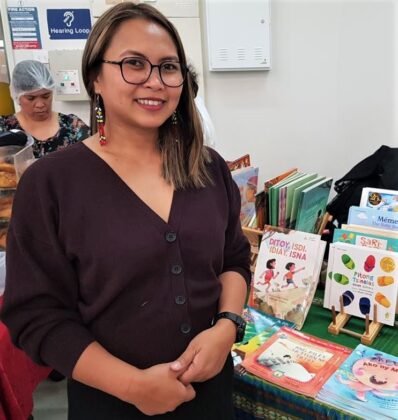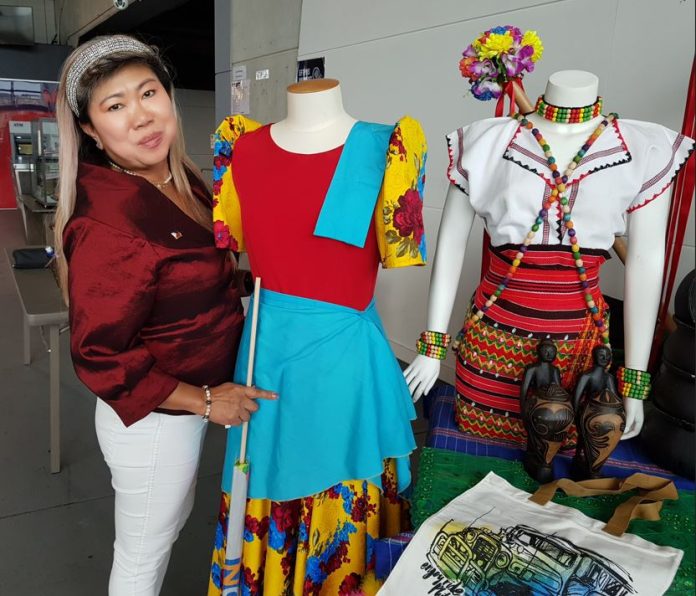By Ricky Matthew
WELLINGTON – In a multicultural society like New Zealand, maintaining a strong connection to one’s cultural heritage can be a challenge, particularly for mixed-race individuals. In this short survey we found that this holds true for Filipino immigrants seeking to instil a sense of identity and appreciation for their Filipino roots in their children. With a focus on food and reading, Filipino parents are finding creative ways to keep their culturally assimilated and mixed-raced Filipino children in touch with their vibrant culture.
Billie Carani Jakobsson, a Filipino immigrant and devoted mother, recognizes the importance of fostering cultural appreciation in her children. Having migrated to New Zealand in 1987, Jakobsson understands the complexities of nurturing dual heritage in her mixed-race Filipino children. “For us, it is really so good to see that the dynamics of the Filipino community have changed over the years,” she affirms. “We want our children to appreciate both cultures as they go forward.”
One approach embraced by Jakobsson and other Filipino parents is the introduction of Filipino cuisine into their children’s daily meals. “Filipino cuisine is ingrained in them. Purely because I want them to know that their lives are actually made up of two cultures,” explains Jakobsson.
By incorporating Filipino dishes into her children’s diets, she hopes to cultivate an appreciation for the flavours and traditions that define their Filipino heritage. She says that “starting them at a young age allows them more time to explore the different dishes and pick out what they like”.

In addition to food, another significant avenue for preserving Filipino culture is through literature. Donna Dacuno, owner of Matatas Bookstore, seeks to provide resources and foster language teaching among Filipino children in New Zealand. “We have established this bookstore to give resources to parents, friends and homecare providers to allow them to facilitate the teaching of Tagalog, English and the regional languages as well,” she elaborates. She further states that: “For us, it’s about providing resources to their kids to learn their own languages.”
Understanding that many Filipino immigrants in New Zealand are non-Tagalog speakers, the bookstore aims to bridge the language gap and enable mixed-race or culturally assimilated Filipino children to connect with their linguistic heritage. By engaging children through visually appealing picture books, Matatas Bookstore facilitates language acquisition while incorporating stories that are relatable to their dual cultural backgrounds.
Dacuno emphasizes the importance of creating relatable materials for mixed-race Filipino children. “Books from the Philippines are no longer relatable here in New Zealand. The Philippines is so far away and it’s almost ‘mystical’ already. That is what we want to change,” she asserts. By integrating stories from the homeland with narratives that resonate in their new homeland, Matatas Bookstore aims to make Filipino literature more accessible and engaging for mixed-race Filipino children.
Navigating the challenges of raising mixed-race Filipino children in New Zealand, parents and community initiatives are dedicated to nurturing their children’s connection to Filipino culture. By introducing Filipino cuisine and providing culturally relevant literature, these strategies aim to instil a sense of pride, identity and appreciation for the vibrant Filipino heritage in the younger generation.
As the Filipino community continues to flourish in New Zealand, these strategies serve as valuable tools for keeping mixed-race Filipino children firmly connected to their cultural roots from a young age, while also embracing the diverse Kiwi society in the place that they call home.





